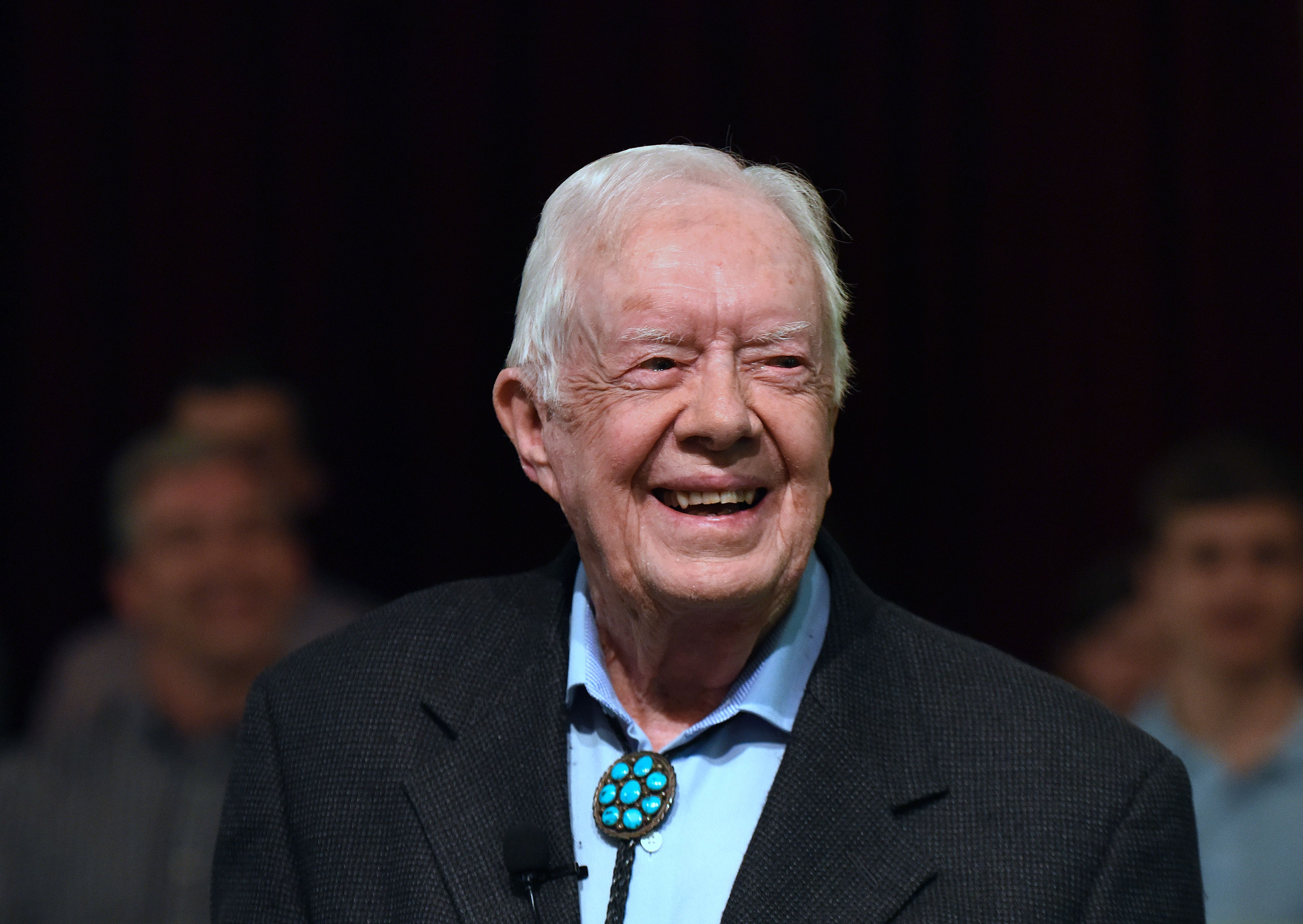Jimmy Carter’s Legacy: Jimmy Carter Passed

Jimmy carter passed – Jimmy Carter’s presidency, marked by both triumphs and challenges, left a lasting impact on the United States and the world. His accomplishments as president, his foreign policy initiatives, and his post-presidency work continue to shape discussions about leadership and global affairs.
Carter’s presidency witnessed significant domestic achievements, including the establishment of the Department of Energy and the passage of the Camp David Accords, which brokered peace between Israel and Egypt. His commitment to human rights and social justice extended beyond US borders, with the creation of the Carter Center, a non-profit organization dedicated to promoting democracy and resolving conflicts worldwide.
Foreign Policy Initiatives
Carter’s foreign policy was characterized by a focus on human rights and international cooperation. He pursued détente with the Soviet Union, brokered the Camp David Accords, and played a key role in the negotiation of the Panama Canal Treaty. However, the Iran hostage crisis and the Soviet invasion of Afghanistan overshadowed his efforts and contributed to his electoral defeat in 1980.
Post-Presidency Work
After leaving office, Carter remained actively involved in public life. He founded the Carter Center, which has played a significant role in promoting democracy, observing elections, and resolving conflicts in various countries. Carter’s advocacy for human rights, peace, and global health has earned him numerous accolades, including the Nobel Peace Prize in 2002.
Carter’s Impact on Domestic Policy

Jimmy Carter’s presidency marked a shift in domestic policy priorities, as he focused on addressing pressing social and economic issues. His agenda aimed to promote equality, improve healthcare, and enhance energy independence.
Energy Policies
Carter recognized the importance of addressing the nation’s energy crisis. He implemented a comprehensive energy plan that emphasized conservation, renewable energy development, and reducing reliance on foreign oil. The plan included tax incentives for energy-efficient appliances, solar energy research, and the creation of the Department of Energy.
While Carter’s energy policies faced challenges, they laid the foundation for future energy conservation efforts. The establishment of the Department of Energy provided a centralized agency for energy research and policy coordination.
Social Issues
Carter also prioritized addressing social issues, particularly healthcare and education. He proposed a comprehensive healthcare plan that aimed to provide universal coverage, but it ultimately failed to pass Congress. However, he made significant progress in expanding Medicaid and establishing community health centers.
In education, Carter increased funding for federal programs and emphasized early childhood education. He also established the Department of Education, which centralized federal education efforts and provided support for teachers and students.
Carter’s Role in International Relations

Jimmy Carter’s presidency marked a significant shift in US foreign policy, with a focus on human rights, peace, and cooperation. His efforts in international relations had a lasting impact on global diplomacy.
Camp David Accords
Carter played a pivotal role in brokering the Camp David Accords in 1978, a historic peace agreement between Israel and Egypt. Through intensive negotiations at the Camp David presidential retreat, Carter facilitated direct talks between Egyptian President Anwar Sadat and Israeli Prime Minister Menachem Begin, leading to the signing of the accords.
The Camp David Accords marked a breakthrough in Middle East diplomacy, establishing a framework for peace and cooperation between Israel and Egypt. It paved the way for the withdrawal of Israeli forces from the Sinai Peninsula and the establishment of diplomatic relations between the two countries.
Human Rights Initiatives, Jimmy carter passed
Carter made human rights a central pillar of US foreign policy, emphasizing the importance of promoting democracy, freedom, and the rule of law around the world. He established the Office of Human Rights and Humanitarian Affairs within the State Department, tasked with monitoring human rights violations and advocating for their protection.
Carter’s human rights initiatives had a significant impact on US foreign policy. They led to the United States taking a more active role in promoting human rights abroad, and they helped to raise awareness of the issue on the international stage.
Middle East Peace Efforts
Carter was deeply committed to promoting peace and cooperation in the Middle East. In addition to the Camp David Accords, he also played a key role in the negotiation of the Oslo Accords, which established the Palestinian National Authority and paved the way for a two-state solution to the Israeli-Palestinian conflict.
Carter’s efforts to promote peace in the Middle East were not always successful, but they demonstrated his unwavering commitment to finding diplomatic solutions to complex regional conflicts.